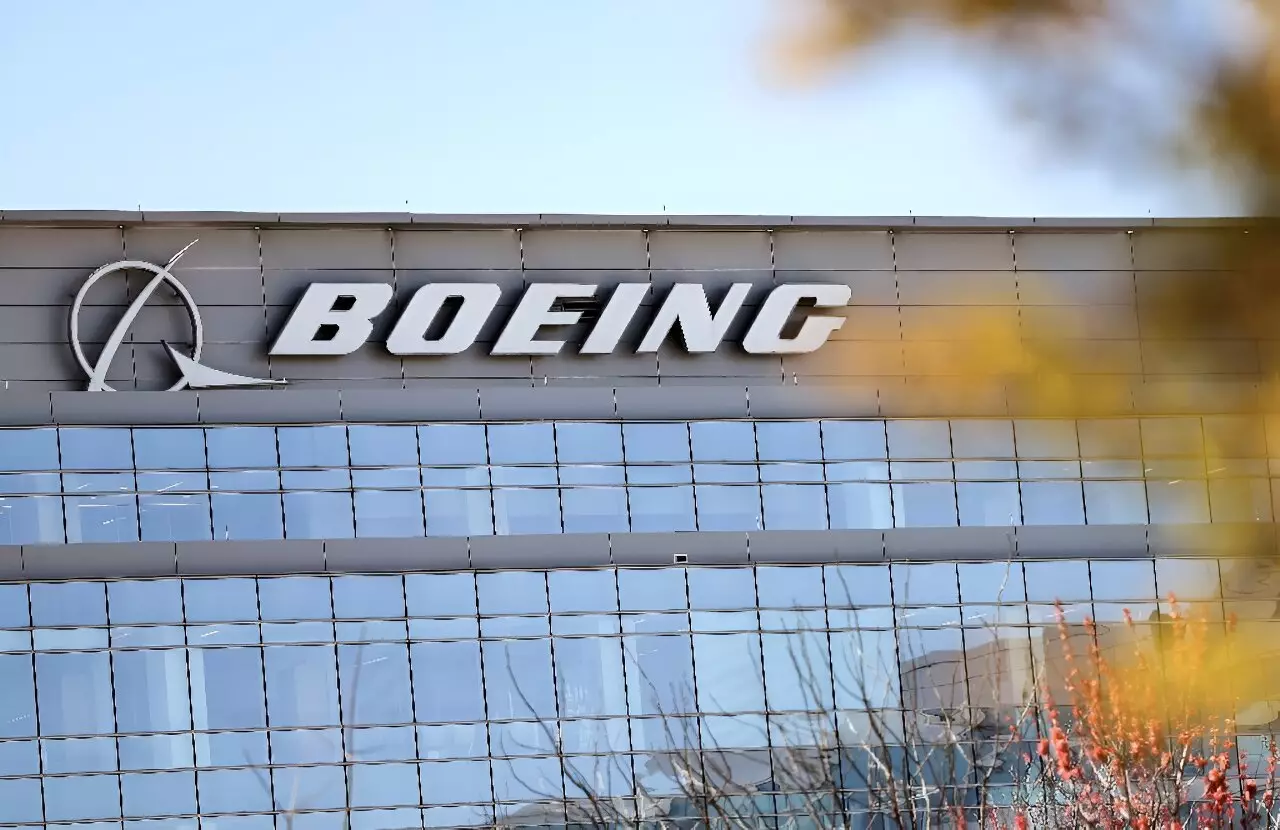In a recent development, Boeing has agreed to plead guilty to fraud in relation to the two fatal 737 MAX crashes that occurred over five years ago in Ethiopia and Indonesia. This decision comes after the US Department of Justice concluded that Boeing had violated an earlier settlement by failing to improve its compliance and ethics program following the disasters. The plea deal, which is pending approval by a federal court judge, includes a payment of $243.6 million by Boeing in addition to a previous fine of the same amount. This agreement is a significant step for the aircraft manufacturer, as it signals a willingness to take responsibility for its actions and work towards strengthening safety and compliance measures.
The plea deal requires Boeing to serve three years of “organizational probation”, during which the company must adhere to certain conditions, including having an independent monitor and investing a minimum of $455 million in compliance, quality, and safety programs. While Boeing has expressed its commitment to working transparently with regulators and implementing significant actions to enhance safety and compliance, the families of the crash victims have raised objections to the deal. They argue that the agreement unfairly favors Boeing and fails to hold the company fully accountable for its role in the tragic events.
Boeing’s admission of guilt in the fraud case marks a significant development in the ongoing saga surrounding the 737 MAX crashes. The company’s board of directors will be required to meet with the families of the victims, a stipulation that underscores the gravity of the situation. However, despite the plea deal, Boeing continues to face challenges in rebuilding its reputation and regaining the trust of stakeholders. The incident involving a 737 MAX aircraft flown by Alaska Airlines earlier this year further highlighted concerns about Boeing’s manufacturing and safety practices, prompting formal investigations by US regulators and Congress.
As Boeing navigates the aftermath of the fraud case and works towards implementing necessary changes to prevent future incidents, the company must prioritize transparency, accountability, and a commitment to upholding the highest standards of safety and compliance. The outcome of the case will have far-reaching implications for Boeing’s standing in the aviation industry and its relationships with regulators, customers, and the public. By taking decisive action to address the issues highlighted in the plea deal, Boeing can begin to rebuild trust and demonstrate its dedication to prioritizing safety above all else.


Leave a Reply